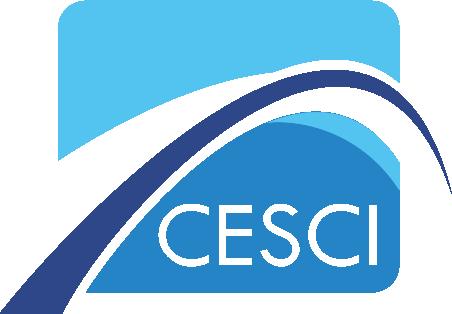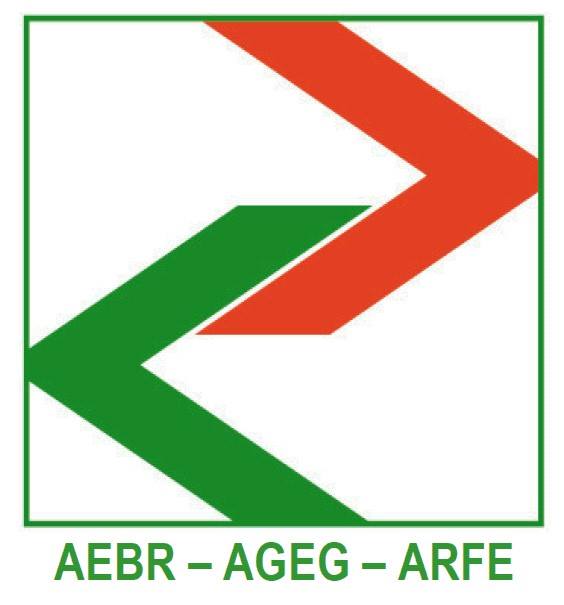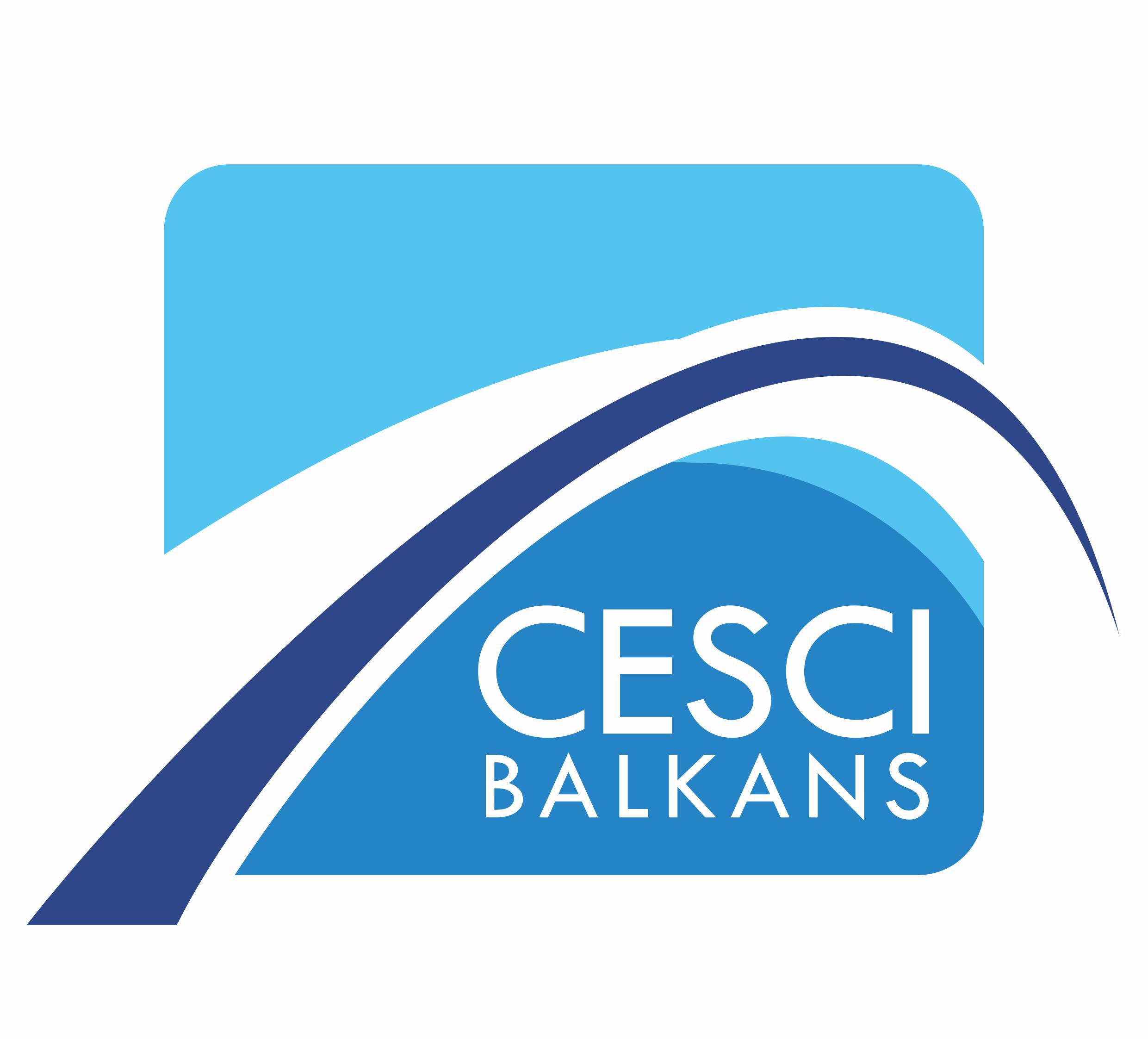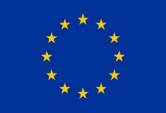This year’s 10th EUSAIR Forum also celebrates a major milestone — the Strategy’s 10-year anniversary. Over the past decade, despite considerable differences in economic development, social structures, demographics, culture, political systems, and institutional capabilities, the Strategy has successfully brought together countries with varied backgrounds. Notably, several EU candidate countries with limited prior collaboration and no clearly defined regional identity found shared interests and common challenges with four EU member states. This cooperation laid the groundwork for EUSAIR’s launch in 2014, with a unified commitment to promote Blue Growth, improve connectivity through transport and energy integration, safeguard environmental resources, and drive sustainable development in tourism — the four original Thematic Pillars of the Strategy.
Initially composed of eight member countries, EUSAIR has since grown into the EU's most rapidly expanding macroregional strategy. North Macedonia became a member in 2020, followed by San Marino in 2022. This growth underscores the Strategy’s relevance, effectiveness, and appeal, as well as the strength of its implementation model. EUSAIR also plays an instrumental role in supporting the EU enlargement process, particularly in the Western Balkans, by fostering policy alignment and strengthening institutional capacity.
As Europe's socio-economic dynamics have evolved, EUSAIR has adapted accordingly. Its thematic framework was revised to better address current challenges. Today, the Strategy involves ten participating countries working across five thematic areas:
Pillar 1: Blue Sustainable Economy
Pillar 2: Regional Connectivity
Pillar 3: Environmental Quality
Pillar 4: Sustainable Tourism
Pillar 5: Enhanced Social Cohesion
To commemorate the anniversary, a special video highlighting EUSAIR’s decade-long journey toward a more integrated and resilient Adriatic-Ionian Region was premiered on the opening day of the Forum.







